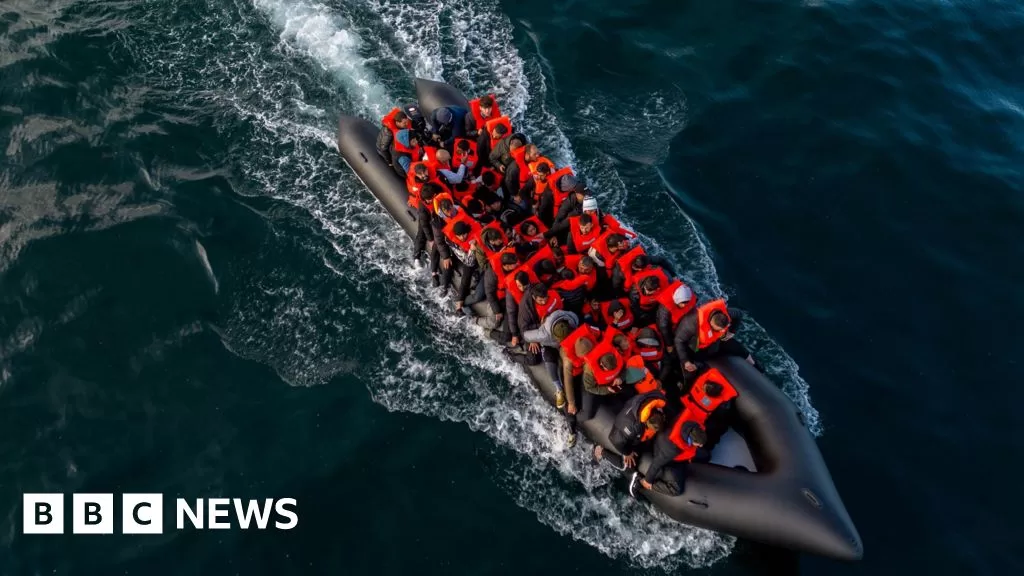The government will be looking carefully at what money can and cannot be recouped after it scrapped the Rwanda deportation scheme, Downing Street has said.
A No 10 spokesperson said any savings would be redirected to a new Border Security Command to tackle small boat crossings.
The Rwanda scheme, which originated under the Conservatives, aimed to deter small boats crossings in the Channel by sending some people who arrived in the UK illegally to the east African country.
However, it was stalled by legal challenges and no migrants were sent there before the election.
Under the scheme, the Home Office had agreed to pay money into a fund to support economic growth in Rwanda, as well as providing extra payments to cover the cost of processing and relocating individuals there.
As part of this, the UK had already paid £220m to Rwanda by the end of 2023.
Some future payments, which were tied to the number of individuals relocated there, will no longer be paid.
Earlier this year Rwanda’s President Paul Kagame suggested some money could be returned if no one was sent to the country.
The Rwandan government later said it would consider any UK request for refunds but there was “no obligation” to do so.
On Saturday Prime Minister Sir Keir Starmer confirmed he was scrapping the Rwanda scheme, saying it was “dead and buried before it started”.
The government also said the last two migrants who had been detained to be sent to Rwanda would be bailed in the coming days.
A further 218 migrants were released on bail from detention centres by the previous government during the election campaign.
Labour had branded the plan an expensive “gimmick”.
Instead, the party has promised to set up a new Border Security Command, bringing together Border Force officials, police and intelligence agencies, and use counter-terror powers to tackle people-smuggling gangs.
Illegal immigration is one of the major challenges facing the new government.
So far this year, more than 13,000 people have crossed the Channel in small boats.
The figure is higher than numbers for the same period last year, although in 2023 as a whole there was a drop compared to 2022.
